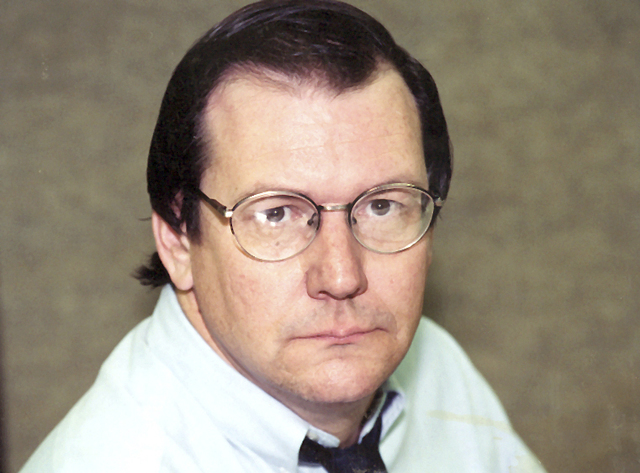Myers: Leading by sitting down
Former University of Nevada coach Chris Ault, on Colin Kaepernick’s protest: “You never lead by sitting down – during the national anthem or anywhere – so for me it’s not the message that’s troubling, it’s the platform and the way it was delivered.”
Last week was the 82nd anniversary of an obscure event most of us in the United States have never heard or – a strike that captured worldwide attention.
On Oct. 15, 1934, more than a thousand Hungarian miners stayed in several dangerous mines for more than a hundred hours. Officials tried to lure them out, but the miners stayed and prevailed when they were offered bonuses and better treatment. They led by sitting.
The sit-down technique was used three years later in a General Motors strike. On Dec. 30 1936, the legendary Flint, Michigan sit-down strike against General Motors by members of the United Auto Workers began.
Eventually, GM security guards and Flint Police Department officers attacked striking workers, but didn’t break the strike. In D.C. a U.S. Senate committee revealed that GM had paid nearly half a million dollars over two years—about $8,000,000 in today’s dollars—to the union-busting Pinkerton Detective Agency.
After 421 days, General Motors signed an epochal agreement recognizing the United Auto Workers and protecting striking workers from prosecution. They led by sitting.
Rosa Parks, chapter secretary of the Montgomery, Alabama NAACP, is probably the most famous person who protested by sitting. On Dec. 1, 1955 she refused to move to the back of a bus to make way for a white passenger. Her arrest sparked a massive boycott of the city bus system that lasted more than a year, ended in a successful court ruling, and brought to public attention the young Baptist minister Martin Luther King, Jr. She led by sitting.
On Feb. 1, 1960 four students at North Carolina Agricultural and Technical State University – Ezell Blair, Jr., Franklin McCain, Joseph McNeil and David Richmond – sat down at a whites-only lunch counter in the Greensboro, North Carolina Woolworth’s store. They were refused service. The next day they and 25 other students were back, seated and waiting for service. White troublemakers began showing up, spitting, cursing, breaking eggs on the protesters, once setting a protester’s coat on fire. Day after day the protesters kept sitting. They were joined by students from a women’s college.
At the weekend, the number of protesters grew to about 1,400, some seated, the others picketing the store. The police never interfered with protesters but arrested white troublemakers. The protest spread to other cities and to other chains. Greensboro was not the first place to use the sit-in technique at lunch counters. That was probably in Baltimore in 1955. But Greensboro’s example was enormously influential.
Soon, the walls of prejudice began falling. The stores began changing their policies. The students led by sitting.
In April 1965, 150 protesters sat in at a Philadelphia coffee shop in reaction to denial of service to transgender customers. A black LGBT group picketed. The next month there was another sit-in. The restaurant ended its policy. The protesters led by sitting.
In March 1970, women’s rights activists sat in at the Ladies’ Home Journal’s editorial offices. They were given a section of the August edition to edit. The protesters led by sitting.
“It’s the WAY they did it” is an old, old technique for making an objection that is beside the point. There’s an episode of MASH that pokes fun at it.
Sometimes “the way they do it” is legitimate criticism, but it’s hard to imagine anyone well informed on history making Ault’s comment, particularly given how long he waited after Kaepernick’s protest began to speak up.
Dennis Myers is an award-winning journalist who has reported on Nevada’s capital, government and politics for several decades. He has also served as Nevada’s chief deputy secretary of state.











